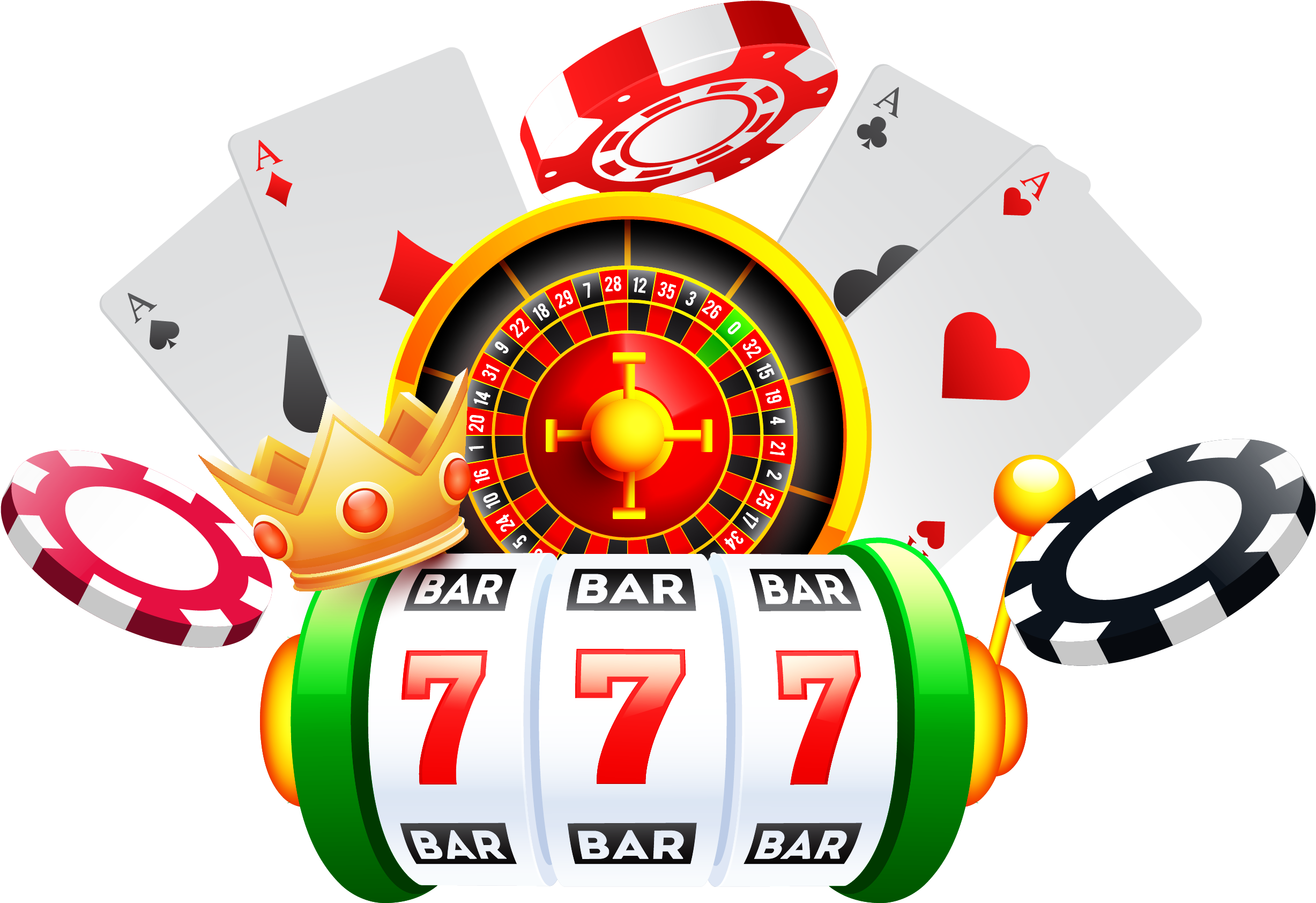
Casino activities have long been linked with the rush of chance and the adrenaline of luck. Many players enter a casino with the expectation that their success depends solely on chance occurrences. However, a further examination reveals that these games encompass much more than just the aspect of luck. Understanding the framework, strategies, and human psychology behind casino games can greatly enhance the experience and improve one’s chances of victory.
On the other side of the alluring sounds of rotating slots and gameplay, casino games involve a complex mix of talent, methodology, and judgment. Whether you are participating in blackjack, poker, or even baccarat, knowing the tactics can significantly influence the conclusion of the game. Moreover, the approach of the players and understanding the probabilities behind each game can shift the scales of success away from mere chance. By recognizing these aspects, players can appreciate casino games as a blend of enjoyment and intellectual challenge, transforming their viewpoint from one of passive involvement to one of active participation.
The fascinating Psychology of Gambling
Comprehending the psychology of gambling shows that player behavior is driven by much more than mere chance. The thrill of taking risks, immediate reinforcement, and a potential for winning large sums can create a powerful emotional experience. Numerous players become captivated by the thrill, which can lead to a cycle of heightened betting and risk-taking, often fueled by a hopeful optimism that colors their views of winning probabilities.
Another key element of the mindset of casino games is the illusion of control. Numerous players believe that their decisions, such as the selection of games or betting patterns, can significantly influence the outcome. Such a belief can enhance their engagement and enjoyment, but it also adds to persistent gambling behavior, as players often underestimate the role of randomness within the games. The thrill derived from making choices gives players a feeling of involvement, which can be misleading in terms of understanding the true odds involved.
Additionally, the environment of the casino holds a crucial role in shaping a gambler’s experience. Factors like lighting, sounds, and the presence of other players create a stimulating atmosphere that reinforces the thrill of the game. This carefully designed environment can lead individuals to lose track of time and money spent, as they become enveloped in a sensory experience that heightens their affective investment. Identifying these psychological dynamics is essential for understanding why casino games attract players and continue to them returning for more.
Skill vs. Chance in Gambling Games
In the world of casino games, the argument between expertise and luck is a prominent one. Many players are convinced that luck is the dominant factor, especially in games like slots where results are determined by chance. However, there are activities that evidently showcase the significance of skill, such as Texas Hold’em and 21, where players can employ strategies and choices that influence their overall performance. Understanding the dynamics and intricacies of each activity can greatly alter a player’s outcome and success.
The importance of skill becomes evident when examining the various tactics available to players. In games like poker, for example, players must read their rivals, assess probabilities, and make educated decisions based on their hand and the shared cards. This depth of strategy showcases how skilled players can consistently surpass novices, proving that winning is not solely based on chance but rather on the use of knowledge and experience. Similarly, in 21, players can use techniques like card counting to gain an edge over the house, further showing the significance of skill.
On the flip side, luck cannot be completely ignored in any gambling game. While skill can improve a player’s odds of winning, unpredictable outcomes still play a crucial role. Even the best strategies can break down due to the arbitrary character of card draws or spins. IQ88 This interplay between skill and chance creates a dynamic gaming environment where players must adapt and react to random events while also leveraging their abilities. Ultimately, successful casino gaming is a blend of both elements, contributing to the complexity and excitement of the experience.
Tactics for Success
To succeed in gambling, players must understand the significance of developing a plan designed to the distinct game they are participating in. Each game has its unique set of guidelines, probabilities, and nuances that require a considerate strategy. For example, in titles like blackjack, players can use techniques such as card counting to make more informed decisions and improve their potential of success. Comprehending the probabilities and payouts associated with various games can allow players to make better choices and elevate their overall gaming experience.
Financial control is an additional vital strategy that cannot be overlooked. Players should set a budget for their gaming sessions and commit to it. This ensures that they do not overspend and helps establish a level of control over their gambling habits. Determining in advance the amount to wager and when to stop can avoid emotional decisions that can result in significant losses. Smart bankroll management allows players to savor casino games without the fear of overextending financially.
Lastly, gaining insights from play and watching other players can provide valuable perspectives. Many successful players dedicate time analyzing not only their own gameplay but also that of their peers. This analysis can expose different strategies and approaches, ultimately resulting in better choices. Engaging in self-reflection after gaming sessions helps players recognize what worked and what failed, allowing them to refine their strategies over time. By uniting insight, discipline, and awareness, players can enhance their odds of winning in casino games.

